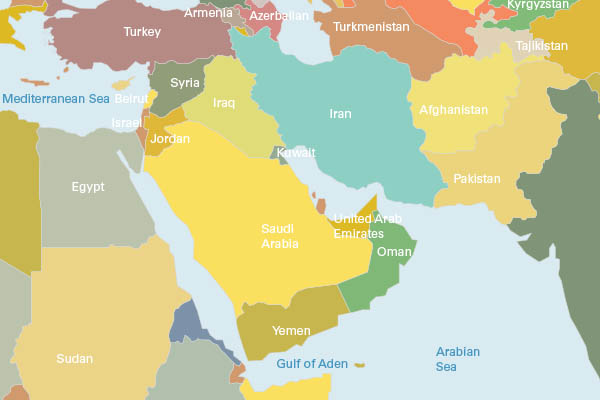JERUSALEM — When activist Anat Hoffman learned that the Israeli government had agreed to pay a state-funded salary to several non-Orthodox rabbis — something their Orthodox counterparts have been receiving for decades — she recited the Shehechiyanu, an ancient blessing of thanks that Jews intone on special occasions.
“This was the first time the government called a non-Orthodox person — or a woman — a rabbi,’” said Hoffman, who heads the Jerusalem-based Israel Religious Action Center, the activist arm of Israel’s Reform Jewish movement.
The government’s landmark decision May 29 comes seven years after Hoffman’s agency petitioned Israel’s highest court to recognize Miri Gold, a Detroit-born Israeli Reform rabbi, as a bona fide spiritual leader.
Until now Israel’s Reform and Masorti (Conservative) movements, which together have about 250 rabbis and 100 congregations, have received no official recognition of their leaders or institutions. In 2011 the government allotted the Orthodox movement $450 million; the Conservative and Reform movements received $60,000.
This financial inequality, coupled with the government’s refusal to recognize non-Orthodox conversions and weddings performed in Israel, has sparked fireworks between successive Israeli leaders and American Jews.
Speaking from her home on Kibbutz Gezer, a collective community, Gold said she was “a bit shocked” when informed that the government now recognizes her as a “rabbi for the Reform community” — with a salary to boot.
“Now we have to see how it will be implemented,” she said with guarded optimism. “This isn’t the end of the struggle.”





Share with others: